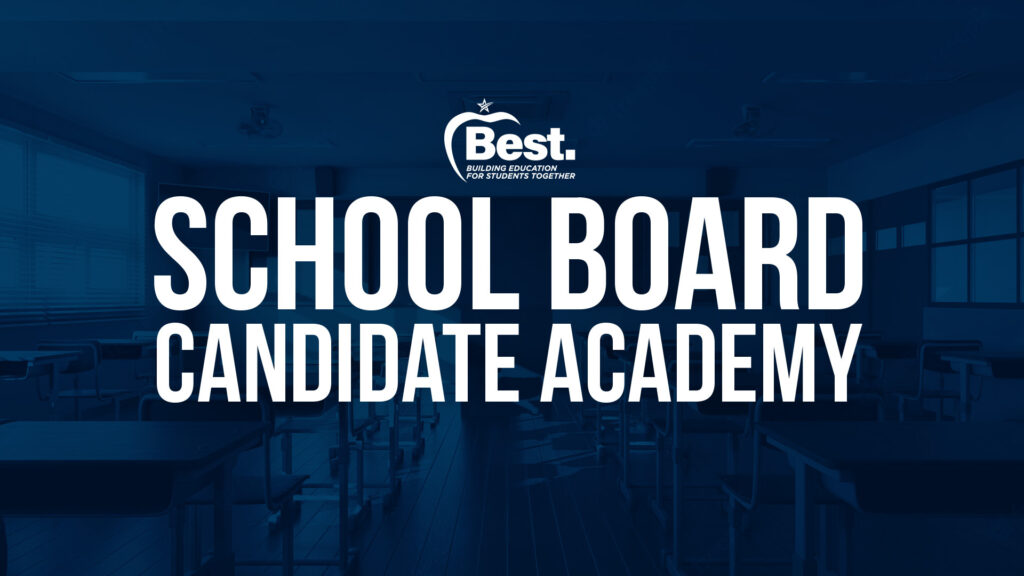A Victory for ‘Ordered Liberty’
As published in The Wall Street Journal, July 1, 2002
Last Thursday the Supreme Court issued two decisions that could fundamentally alter our nation’s public education system. In the first decision, the court upheld an Oklahoma school district’s policy of testing students who participate in extracurricular activities for drug use. In the second, the court upheld a Cleveland program that provided parents of children in failing school systems up to $2,250 per year to pay for tuition at other schools, including religious schools. On the surface, perhaps, the decisions look unrelated. But upon closer examination, they reveal a return to the federalism and self-government upon which our nation was founded and from which we have drifted in recent years.
The Cleveland program provides parents with children in failing schools a tuition voucher, the amount of which is determined by the family’s financial need. That voucher may be spent at any school — public or private, religious or secular — that the parent chooses. It is, in short, the exemplar of a school choice program.
Many argued that this violates the First Amendment’s prohibition on a state establishment of religion. They pointed out that more than 80% of the private schools that accepted students were religious, and 96% of the students who received vouchers chose to attend religious schools. But even if every child attended a religious school, the program would not violate the First Amendment. Cleveland’s school choice program allows parents — and not the government — to choose what school their child attends. And parents, as far as I know, are not bound by the First Amendment.
The Court’s decision, therefore, was a sober one, upholding the principle of religious neutrality. The majority opinion concludes that a government program may benefit religious institutions if that program “is neutral with respect to religion” and the aid is directed to those institutions “as a result of . . . genuine and independent private choice.” The Cleveland program advances a valid public goal — the education of children — and is neutral among various religions and even between religion and irreligion. It is, in short, a perfectly constitutional policy and a perfectly sound educational policy.
It must be noted, of course, that the school choice program came about in response to a specific problem. Cleveland schools have, for more than a generation, been among the nation’s worst; in 1995, a federal district court, declaring a “crisis of magnitude,” placed them under state control. Only one in five ninth graders could pass a basic proficiency test; more than two-thirds of all high school students dropped or failed out before graduation.
The student drug testing case built on a 1995 Supreme Court case that upheld the random drug testing of student athletes. The dissenting justices in this term’s case argued that the drug problem among students was insufficiently severe for such a “perverse” policy. The majority, however, correctly “decline to second-guess the finding” that the “School District has provided sufficient evidence to shore up the need for its drug testing program.” Moreover, they pointed out that the court “cannot articulate a threshold level of drug use that would suffice to justify a drug testing program for schoolchildren.” Such determinations ought to be left to the school.
Anyone who denies that high schools are prime locations for drug use has not been living in the real world. More than half of all high school seniors have used drugs at least once by graduation; more than one-quarter use them on a regular basis. Justice Stephen Breyer was right to state in his concurring opinion, “The drug problem in our nation’s schools is serious in terms of size, the kinds of drugs being used, and the consequences of that use both for our children and the rest of us.”
These decisions come on the heels of an astonishingly ridiculous opinion by the Ninth Circuit Court of Appeals, which announced that the words “under God” in the Pledge of Allegiance made that oath unconstitutional. This decision will have the lifespan of a firefly: a few weeks or months at best. The simple mention of God may cause some elites to howl, but most Americans find nothing wrong — or unconstitutional — with affirming a belief in God.
The two Supreme Court decisions, however, affirm something beyond the permissibility of religion in the public square, and they should stand for some time. They affirm that, especially in educational matters, local control is an essential element. This local control embraces state action, district action, and, perhaps most importantly, parental action. The judgments of principals and school boards are themselves subject to parental judgment.
For these reasons the court’s decisions are worth celebrating. They have restored the sense that this nation is an “experiment in ordered liberty.” The excessive invocation of individual rights, for once, was forced to yield to the reliable tests of good sense and community sentiment. Hopefully the court will continue on this path in the terms to come.
Mr. Bennett, co-director of Empower America, was secretary of education under President Reagan and drug czar under President George H. W. Bush.




